Bourgogne, France: Wine Tasting, Soccer and Dijon mustard
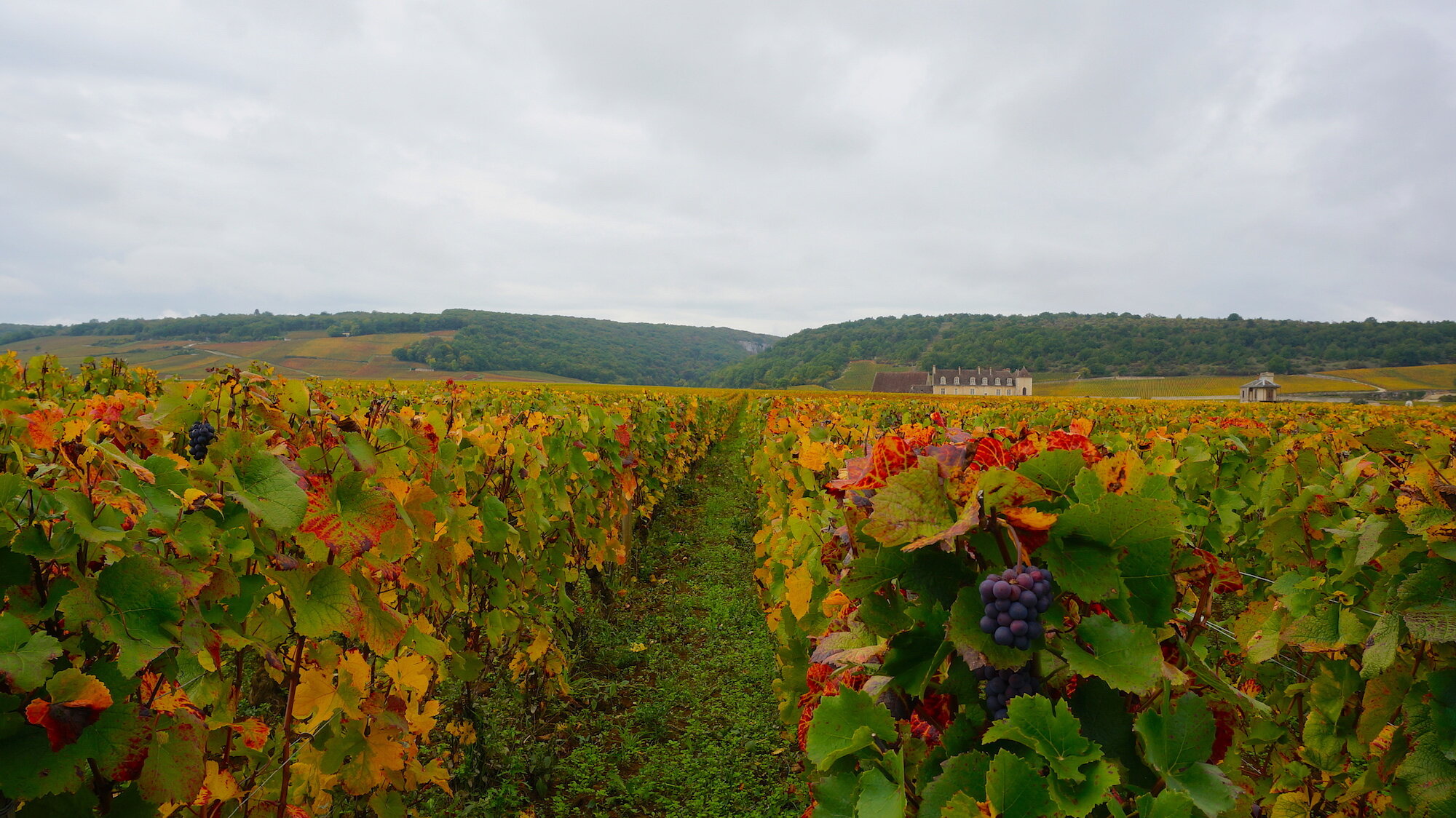
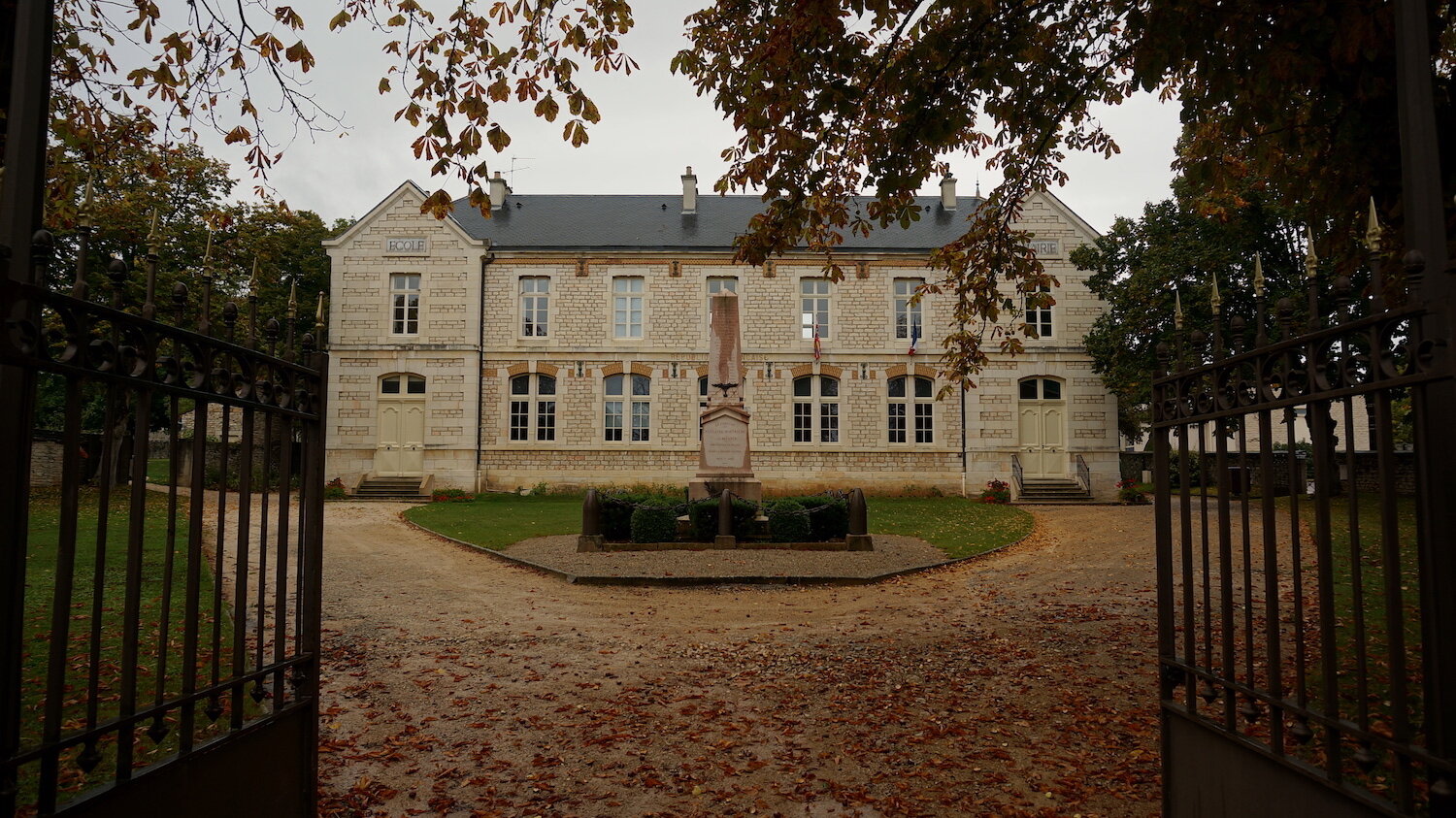
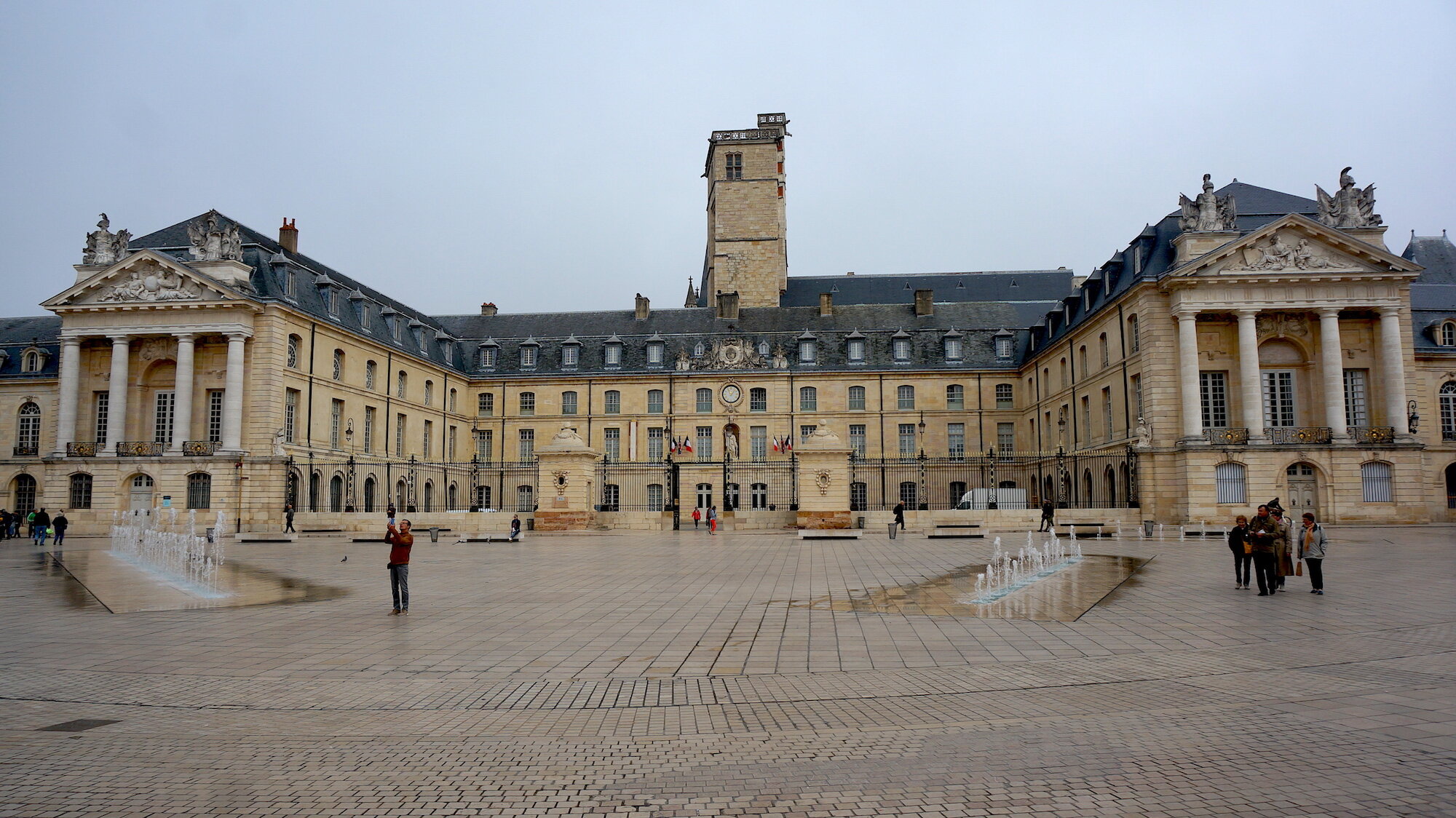
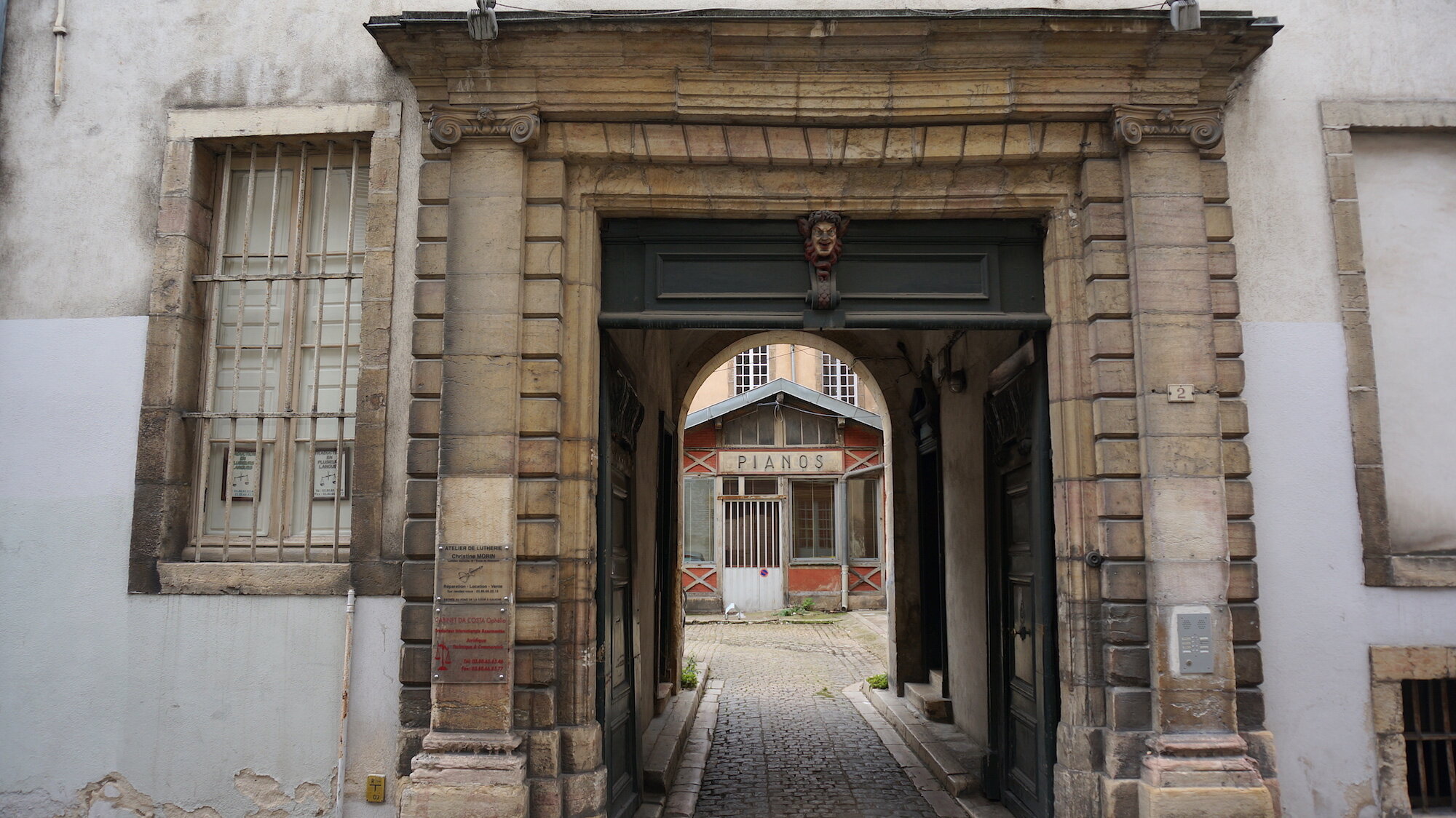
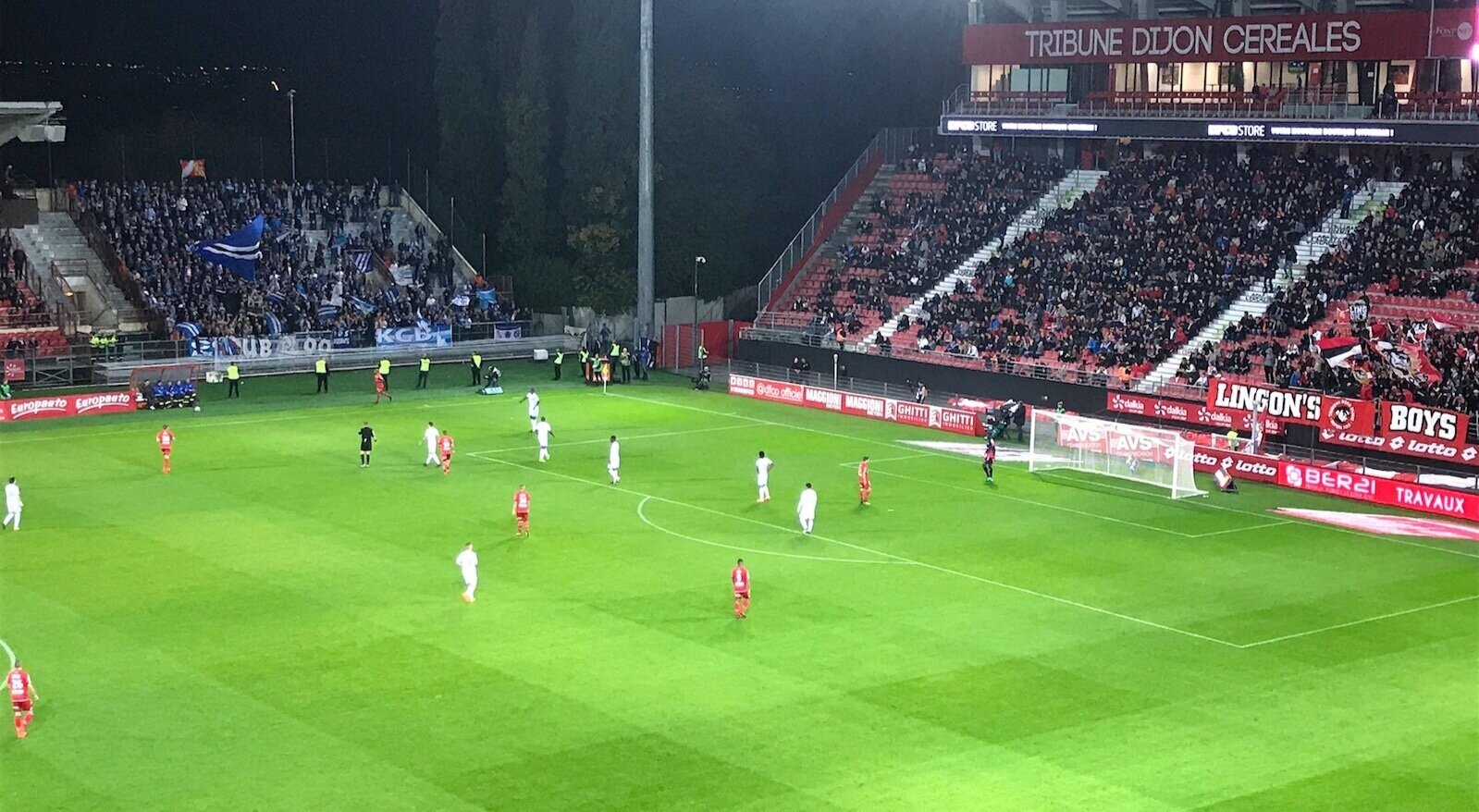
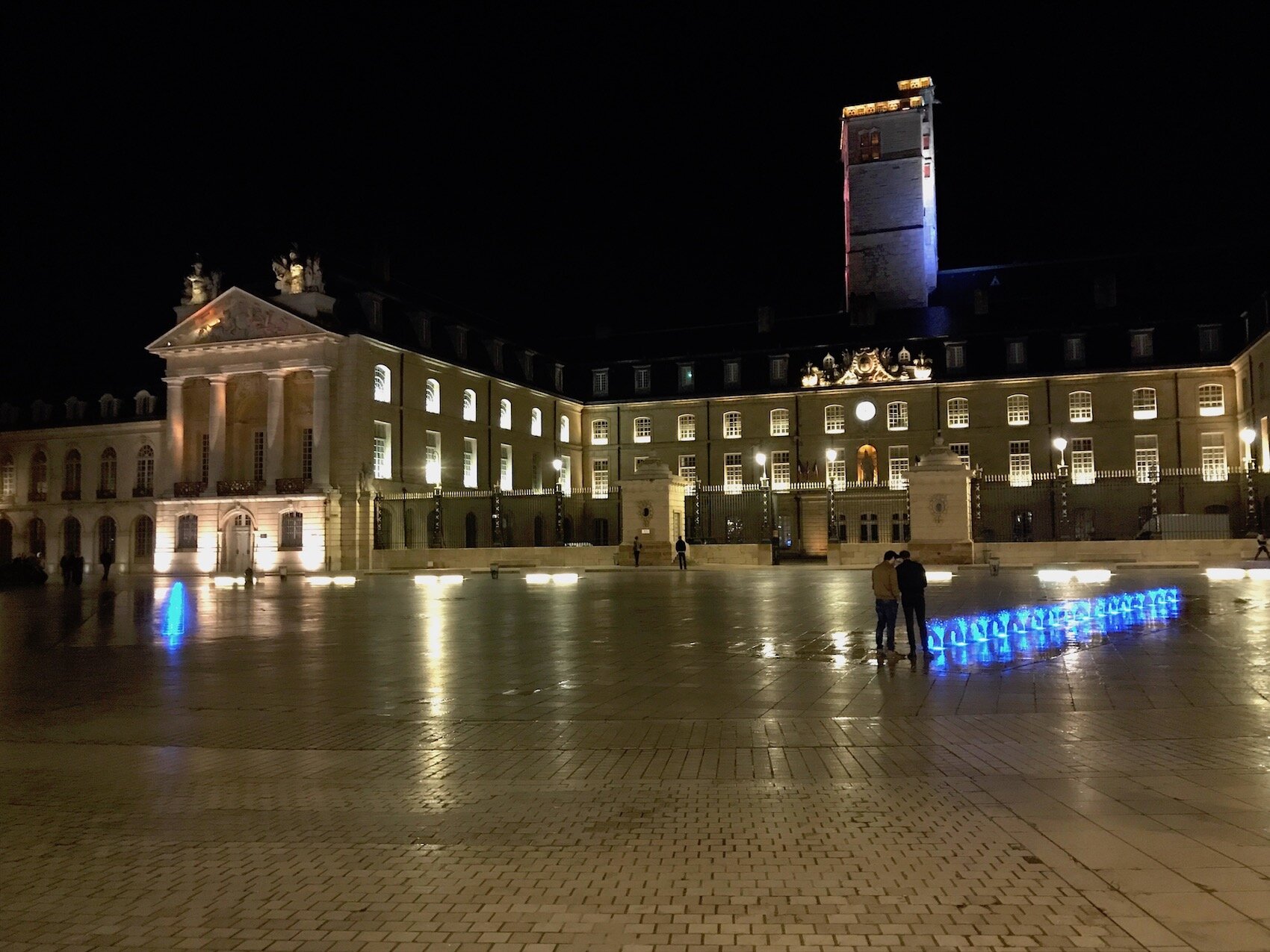
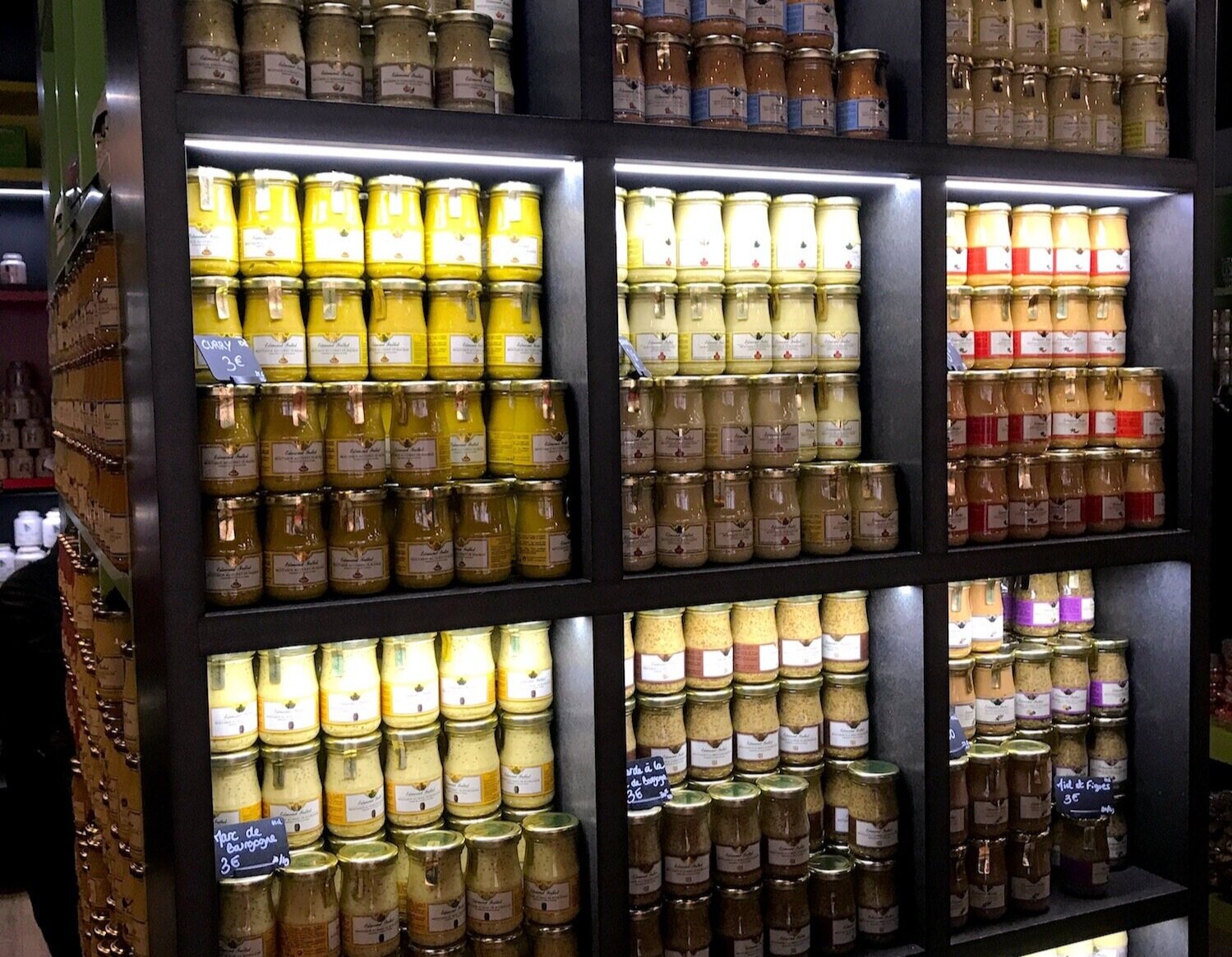
A lit flare has just appeared—and then another and then another—in the small, but raucous section of the stadium housing the visiting supporters from Strasbourg. It’s Saturday night and I’m in Dijon, France, where they make the mustard. And if that’s not a claim to fame, I don’t know what is. I’m watching two of the worst teams in Ligue 1, the top soccer (football, in these parts) division in France. Basically, I’m watching the New York Jets and the Cleveland Browns, with more cigarettes in the crowd.
I’ve made the three-hour drive to the Bourgogne (or Burgundy in English) region of France—of which Dijon is the capital—to drink a little wine, see a couple of old towns and take in the football match between Dijon FCO and Racing Strasbourg, from the Alsace region on the German border. Considering there are only 10,000 or so scarf-adorned Frenchies in attendance on this chilly autumn night, the atmosphere inside the 16,000-seat Gaston Gerard Stadium is electric. Supporters from each side have been singing and chanting nonstop since the game started 30 minutes ago, many of them without shirts. A scarf sans shirt; now there’s a good look!
A few minutes after the third flare was lit, the Strasbourg faithful add a strobe light to the mix. I’m waiting for the Bee Gees to come out for the halftime show. A disco ball can’t be far behind. The game ends in a 1-1 draw and the hometown fans responded with bitter disappointment, launching thousands of tiny bottles of spicy, expensive mustard onto the field turning the grass a dark yellow shade. Not really, but let’s pretend.
A network of canals with river locks crisscross the Bourgogne countryside and, in early October, the rolling hills were filled with the colors of changing leaves on the vines. I drove what’s called the Route des Grand Crus, a 60-kilometer long narrow, one-lane road that cuts in and out of charming quaint villages whose existences seems to revolve around wine. The road is bordered on both sides by vineyards and runs along the foot of the Cote d’Or escarpment, which is a fancy way of saying it runs along the bottom of a hill.
That afternoon, in between stops to taste the wine I’m currently drinking, I made a two-hour visit to the small, scenic city of Beaune, 40 minutes south of Dijon. Beaune is a walkable walled city with a multitude of cafes, wine-themed shops, wine tasting rooms and restaurants. Even in the rain, it’s an interesting and relaxing place for a stroll.
On Sunday morning, a stroll around Dijon revealed a picturesque town with a large square that’s overlooked by the beautiful Palace de Liberation. The city was occupied by the Germans from 1940-1944, but looks much the same as it did during World War II. But with less Germans. The buildings date to medieval times and it feels as though you are walking around on the set of a movie…albeit a movie where everyone is looking down at their phones.
Evidently, Dijon mustard got its start here in 1856 when a guy named Jean Naigeon pulled a little switcheroo on the traditional recipe. Instead of using vinegar, Jean the innovator substituted verjuice, the acidic "green" juice of not-quite-ripe grapes. He would not approve of me putting honey mustard on every Chik-fil-A order I place.
Fittingly, that morning I came upon the only mustard-only store I’ve ever seen—of which Dijon probably has 10—and bought three small jars I’ll probably never open. Even more surprising than the existence of a mustard-only store was the fact that it was open on a Sunday. I think even French hospitals are closed on Sundays. Around noon, I found a brunch spot and stepped inside to find four people eating and 20 unoccupied tables. The place was a ghost town.
“Hello. Do you have a table for one person, please? I would like to have lunch,” I said en Francais, and with a smile.
“Oh, monsieur, do you have a reservation?” he replied, also en Francais.
I paused, glancing at the 20 open tables. “No, monsieur. I do not have a reservation.”
“Oh, I’m sorry. You need a reservation.”
Clearly. Welcome to France.

